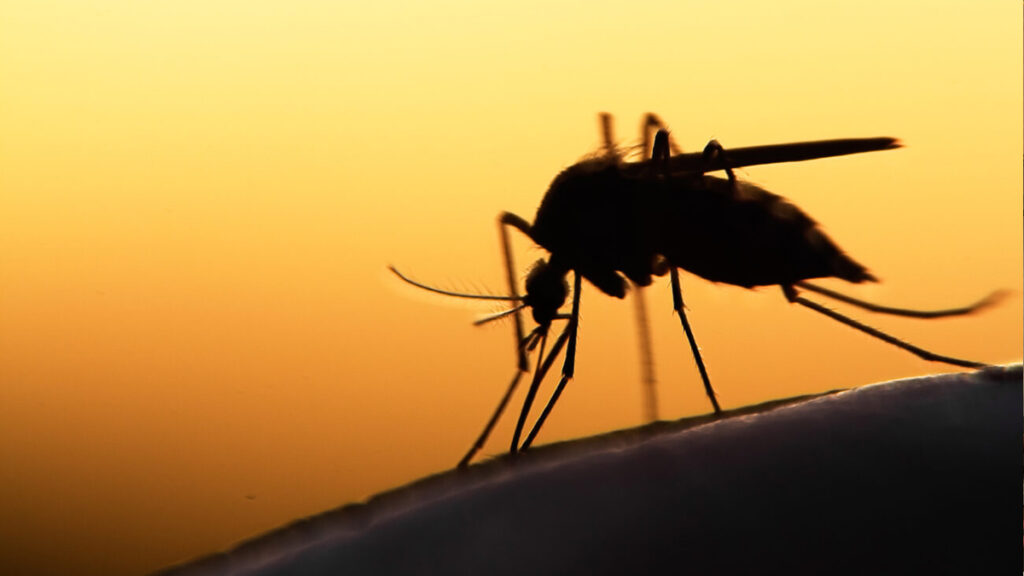If there is one thing we can all agree on, it is that mosquitoes are annoying.
The humming sound and the discomfort can make you swat carelessly for eons hoping to trap one between your palms. But the irritation is actually the smallest of your worries. Mosquitoes are notorious for spreading malaria.
Malaria is spread by a parasite that is transmitted through the bite of the female anopheles mosquito. It causes symptoms like high fever, fatigue, chills, and headache. Other symptoms may include nausea and vomiting, body ache, sweating and general body weakness.
Malaria is considered a serious illness and it can be fatal if it is not treated properly and quickly. Several complications can arise if close medical attention is not paid to the condition.
5 Complications of Untreated Malaria
Cerebral Malaria
The brain can suffer in severe cases of malaria. Blood cells crammed with parasites block the blood vessels leading to the brain resulting in swelling. It can cause the patient to have seizures or go into a coma. It can also cause permanent brain damage. This complication is extremely dangerous and also very rare.
Anaemia
Malaria parasite can destroy erythrocytes in the body, resulting in anaemia. Anaemia is a severe condition that makes the red blood cells incapable of transporting oxygen to tissues in different parts of the body.
Hypoglycemia
Low blood sugar, a condition called hypoglycemia can be caused by severe malaria. In extreme situations, this can lead to a coma or even death.
Kidney Failure
Severe malaria can damage the kidney. This damage due to malaria infection is called Malarial nephropathy. It prevents the kidney from properly performing its function of removal of waste from the blood
Heart Failure
Studies have shown that complications of malaria can damage the body’s ability to manage blood pressure and keep it within its normal range. This causes hypertension which is one of the main contributors to heart problems.
In pregnant women, malaria can lead to complications such as:
- Low birth weight
- Miscarriage
- Stillbirth
- Death
- Stunted growth of the foetus
Women who are pregnant should take extra care to prevent severe malaria, avoid self-medication and make regular visits to their doctors.
Diagnosis and Treatment of Malaria
Your doctor will need to physically examine you, ask you questions about your medical history and order some blood tests to confirm the presence of the malaria parasite in your blood.
The tests will also help the doctor determine the nature of the parasite and whether or not you are at risk of any complications.
Malaria is usually treated with drugs to kill the parasite in the blood.
Some common anti-malaria drugs include Chloroquine phosphate, Quinine sulphate, Primaquine phosphate and artemisinin-based combination therapies.
Usually, the type of medication prescribed and duration of the treatment depends on factors like your age, the nature of your symptoms, the type of parasite in your blood and if you are expecting a baby.
If you reside in a region where malaria is rampant or you decide to visit such places, it is extremely necessary to guard yourself against mosquito bites. You can do this by sleeping under treated mosquito nets, applying insect repellent to your clothes and your skin, wearing clothes that cover your body to prevent mosquito bites.
If you notice that you start to feel sick or feel any symptoms of malaria, get to the hospital as soon as you can or speak with a doctor on Doctall. If you have been diagnosed of malaria, begin treatment immediately and follow the recommendation of the doctor strictly.

